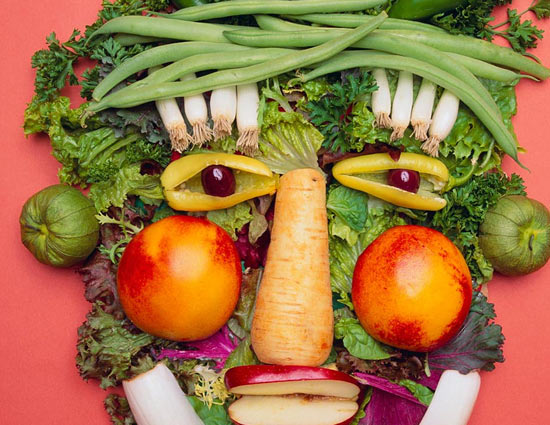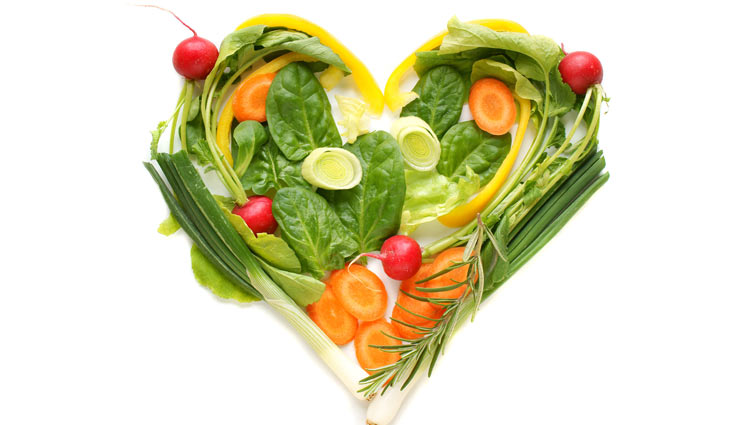Every Vegetarian Should Know These 10 Facts About Their Bod
By: Priyanka Maheshwari Tue, 15 Aug 2017 11:00:49

People have different reasons for becoming vegetarians. Some follow
vegetarian or semi-vegetarian diets for health reasons. For instance, a
diet rich in fruits, vegetables, and grains tends to be low in fat and cholesterol, which is good for your heart. It's also likely to be high in fiber and can be lower in calories.
Concern for animals and environmental reasons are also cited by
vegetarians when they explain why they don't eat meat. In addition, some
cultures and religions have vegetarian diets.

# Several studies show that a plant-based diet increases the body’s metabolism, causing the body to burn calories up to 16% faster than the body would on a meat-based diet for at least the first 3 hours after meals.
# A number of researchers argue that while the human body is capable of digesting meat, our bodies are actually designed to be herbivores. For example, the human molars are similar to those of an herbivore, flat and blunt, which make them good for grinding, not gnashing and tearing.
# The first Vegetarian Society was formed in England in 1847. The society’s goal was to teach people that it is possible to be healthy without eating meat.
# In 2012, the Los Angeles city council unanimously approved a resolution that all Mondays in the City of Angels will be meatless. The measure is part of an international campaign to reduce the consumption of meat for health and environmental reason.
# The average American eats approximately 222 pounds of meat per year. This does not include seafood.

# Several researchers argue that a vegetarian diet can feed more people than a meat-based diet. For example, approximately 20,000 pounds of potatoes can be grown on one acre of land. Comparatively, only around 165 pounds of beef can be produced on 1 acre of land.
# There are several types of vegetarians. The strictest type is vegans. Vegans avoid not only meat but also all animal products. There is a debate within the vegan community about whether honey is appropriate for a vegan diet. For example, the Vegan Society and the American Vegan Society do not consider honey appropriate because it comes from an animal.
# Studies show that a vegetarian diet could feed more people than a meat-based diet. For example, only around 20% of the corn grown in the United States is eaten by people, with about 80% of the corn eaten by livestock. Additionally, approximately 95% of the oats grown in the U.S are eaten by livestock. Studies show that the number of people who could be fed by the grain and soybeans that are currently fed to U.S. livestock is approximate 1,300,000,000.
# The total production of excrement by the U.S. population is 12,000 pounds per second. The total production of excrement by U.S. livestock is 250,000 pounds per second, which would be greatly reduced if humans ate a more plant-based diet and had little or no need for domesticated livestock. Less livestock would also greatly reduce Earth’s trapped greenhouse gases.
# Approximately 25 gallons of water are needed to produce 1 pound of wheat. Around 2,500 gallons of water are needed to produce 1 pound of meat. Many vegetarians argue that more people eating a meat-free diet would lower the strain that meat production puts on the environment





